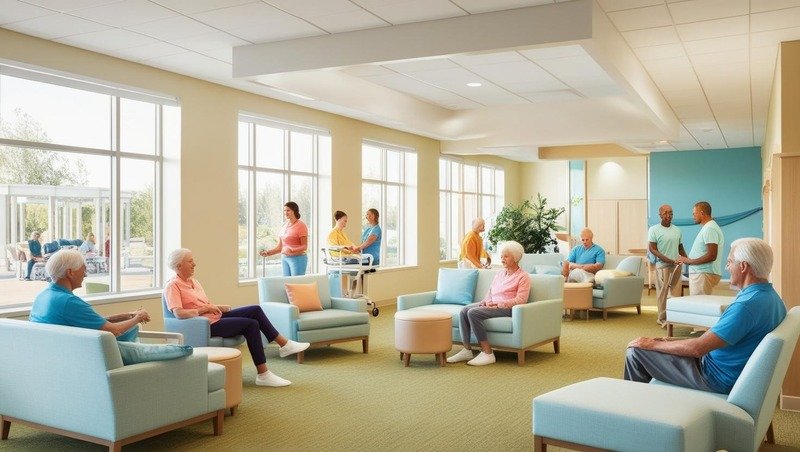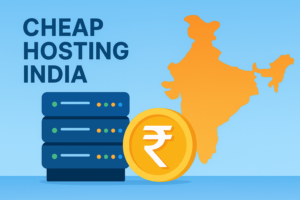In recent years, India has witnessed a dramatic rise in substance abuse and addiction cases—especially in urban centers. The most shocking example comes from Hyderabad, where the number of patients at the city’s leading drug treatment clinic jumped by a staggering 1,300% between 2020–21 and January 2025.
This unexpected surge raises important questions: Why are more people turning to drugs and alcohol? What social or psychological factors are fueling this crisis? And most importantly—how can rehab centres evolve to meet this growing demand?
Alarming Numbers from Hyderabad’s De-addiction Clinic
According to a recent Times of India report, Hyderabad’s Institute of Mental Health recorded:
- 701 patients in 2020-21
- A sharp rise to 9,832 patients by January 2025
This increase highlights a significant public health concern that extends beyond Hyderabad and reflects a nationwide issue.
What’s Causing This Surge in Addiction Cases?
Several factors have contributed to the steep rise in rehab admissions:
1. Post-COVID Mental Health Crisis
- Lockdowns, job loss, social isolation, and anxiety have pushed many into substance dependence.
2. Easy Access to Drugs
- Synthetic drugs, like MDMA and meth, and even prescription drug abuse, are on the rise—especially among urban youth.
3. Lack of Awareness & Early Intervention
- Many individuals don’t recognize early signs of addiction and seek help only when it’s severe.
4. Changing Lifestyle and Social Pressures
- Party culture, peer pressure, and the glorification of drug use on social media also play a role.
What Does This Mean for Nasha Mukti Kendras in India?
With this kind of increase in cases, Nasha Mukti Kendras (de-addiction centres) across the country must adapt rapidly. Here’s how they can rise to the challenge:
✅ 1. Expand Capacity
Rehab centres must increase the number of beds, staff, and treatment slots to handle rising demand—just like the model being followed in Punjab and Hyderabad.
✅ 2. Mental Health Integration
Since addiction is often tied to depression, trauma, or anxiety, effective centres should include psychologists, counselors, and therapists in their core teams.
✅ 3. Holistic, Evidence-Based Treatment
Modern rehab should offer a combination of:
- Medication-assisted detox
- Behavioral therapies like CBT
- Group therapy and family counseling
- Yoga, meditation, and fitness
✅ 4. Outreach & Awareness
There’s a strong need for preventive education, especially in schools and colleges, to promote early intervention and break the stigma around rehab.
What Can Families and Society Do?
- Start the conversation early: Talk to teens and young adults about addiction risks.
- Observe behavior: Sudden mood swings, secrecy, or changes in social circles may indicate a problem.
- Seek professional help: Don’t wait for rock bottom. Early treatment can prevent lifelong consequences.
Conclusion: A Wake-Up Call for India’s Public Health System
The 1300% surge in Hyderabad is not just a statistic—it’s a wake-up call. India needs stronger policies, better rehab infrastructure, and widespread public awareness to counter the growing addiction crisis. If addressed early and treated properly, recovery is always possible.
Need Help?
If you or someone you love is struggling with addiction, don’t hesitate to reach out to a trusted Nasha Mukti Kendra near you. The first step to recovery starts with one simple decision: ask for help.


